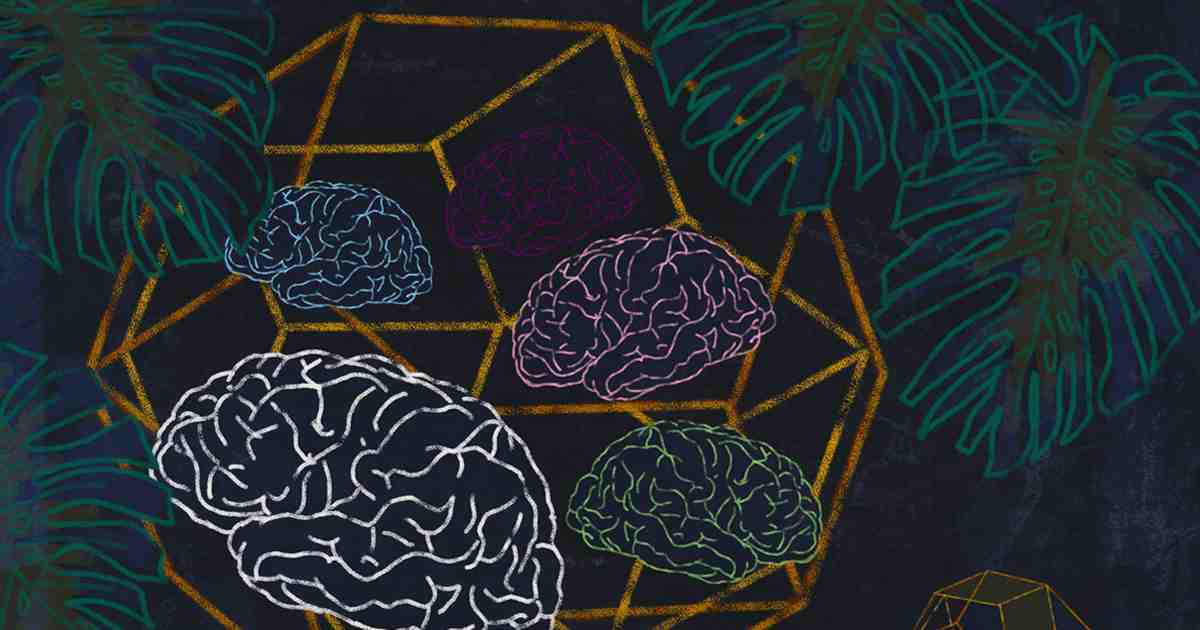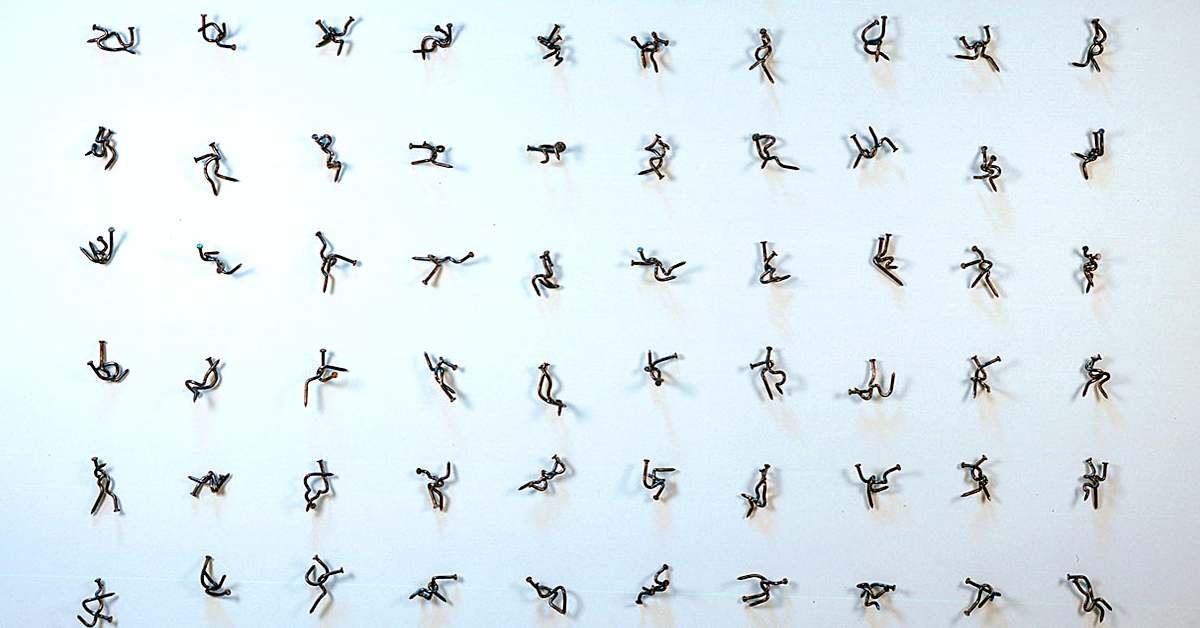In my last post, I wrote about collaborative communities which elaborated on the process for engaging collective intelligence to achieve sustainable growth across organizational boundaries. I alluded to the fact that creating collaborative communities required a new type of leadership – not the heroic, hierarchical, humorless, and hubristic type, but more of a servant leader type who humbly hosts welcoming spaces and who inspires people to come together, connect deeply, and commit passionately to a mission larger than themselves. In short, a person who leads with GRACE in the FACE of complexity and chaos. Yup, GRACE and FACE are two acronyms that will serve as the structure for this post.
We need leaders who are:
Generous
Rigorous
Authentic
Collaborative
Empathic
to deal with people and organizations who are suffering from:
Fear
Anger
Confusion
Entropy and Ego
So that we can create interdependent systems to deal with the complexity and chaos we are confronting.
Let’s look at each component.
Generous: A leader can demonstrate generosity in many ways: with her assumptions, her time, her talent, her praise and her willingness to share power and credit. Generous leaders welcome people to their communities and make them feel at home. They take the time to ensure that whatever spaces they create reflect what’s important to each member of the community. Generous leaders assume good intentions until proven wrong and quickly forgive offending behaviors. They go out of their way to include all members of the community instead of preferring exclusive clubs or closed circles.
Rigorous: Leading with GRACE means exhibiting whole-hearted compassion AND open-minded rigor. Rigorous leaders always exhibit more curiosity than certainty. They take great care to define problems clearly, to dig for root causes, to identify challenges and opportunities, and to analyze data from multiple sources. They ask hard questions, examine all of the interconnected parts of systems, and ponder how all the parts relate to each other. For example, rigorous leaders analyze the components, functions, processes, conditions and standards that constitute a system. Rigorous leaders are more wholistic than reductionistic AND want to know precisely who the influencers are, what the power dynamics look like, and what leverage points have the most potential for impact. They are more interested in underlying systems causing problems than the obvious symptoms of the problem.
Authentic: Leading with grace requires genuineness. No pretending. No faking it. No covering up of flaws and warts. Authentic leaders are humble and are willing to make themselves vulnerable. They share openly and welcome feedback. Authentic leaders are comfortable with self-disclosure and acknowledge limitations. Their words ring true. Their behaviors are aligned with their stated values. They form intimate and trusting relationships.
Collaborative: Authentic leaders share openly about their personal lives; collaborative leaders share openly whatever information and knowledge they have that could help the community. They share power and credit wherever possible. As I mentioned in my previous post, the challenge of collaborative leaders is to shift a cultural mindset that is heavily steeped in competition and individualism to a more interdependent mindset. The difference between collaboration and interdependence is the degree to which each party actively seeks ways to help others succeed. I often ask people how many interdependent partners they have in their life – how many people are actively seeking ways to help them succeed. Then, I ask the more challenging question: “How many people have you on their list of interdependent partners? The answer can be a bit unsettling . . . . . . unless you live in a collaborative community.
Empathic: Empathic leaders accurately demonstrate understanding of how people in the community are thinking and feeling. They understand what’s most important to each person. They inquire about individual and collective dreams and aspirations. Empathic leaders are scary listeners, i.e. when they are listening to you they are fully attentive, present, and hear every word, nuance, and tone in your delivery. They pick up cues, observe energy levels and changes in behavior, and notice volume and pace. They suspend judgment, let you finish your thoughts and are able to precisely re-frame whatever you say in a creative and helpful way. You know when you are dealing with an empathic leader because you often hear yourself saying, “Exactly, you said it better than I did.” Empathic leaders make people feel welcome in the community and give them a sense of belonging and worth. They respect differences, encourage all points of view, and make people feel heard and valued.
So, the question is: Why is leading with GRACE so important now? I’m sure you know the answer: Because leaders are FACING more chaos and complexity than any point in history. Global economics, technological revolutions, climate change, species extinction, deadly pandemics, drug abuse, homelessness, food insecurity, polarization, inequality, and violence are the realities of our daily lives. We have a choice: We can either continue to avoid all these threats in our comfortable social circles, or we can do whatever is possible to change the systems and change our communities at whatever level we can. In order to make progress, we need to fully attend to the people in our organizations who are experiencing multiple feelings given the threats and problems they FACE.
Fear: People are afraid. The daily news is not exactly uplifting. People fear for their lives and livelihoods. They fear being left behind or being “replaced” by some “other.” They fear losing their homes, jobs, or health care. They fear for the safety of their loved ones. They fear getting sick or going broke.
Anger: Many people are angry. They may be sick and tired of endless discrimination and systemic racism. Yes, there has been a 400 year history of discrimination and racism in our country. That’s not Critical Race Theory; it’s simply an acknowledgement of the truth. Many people in the middle of the country are angry because they feel coastal elites have treated them with contempt or condescension. Many feel angry about the rhetoric on both sides of emotionally charged issues: abortion, gun rights, religious rights, etc.
Confusion: People are confused. There have heard conflicting announcements on appropriate pandemic precautions; social media bombards us with targeted messages to our ever narrower and more rigid bubbles; legislative packages are packed with hundreds of different proposals; and every day brings new horror stories from some place in the world. Our military might doesn’t seem to be solving problems in Afghanistan or Iraq. We have a hard time deciding who to believe given all the noise in the system and all the lies we are hearing from political panderers and media pundits.
Ego and Entropy. Egos have not gotten any smaller. Billionaires keep buying bigger and bigger toys and demand more and more attention and power. The likes of Zuckerburg, Musk, and Bezos constantly flaunt their outsized power. At the same time, entropy -the gradual decline into disorder- keeps growing. So while the rich keep getting richer the chaos seems to spread. Two of the biggest obstacles to effective systems change are ego and entropy. Let’s FACE it.
In short, these are not simple problems leaders are facing. And we can no longer ignore the human and organizational implications. People and culture play a large role in all of these problems. Leaders must lead with GRACE given all the issues people FACE.
Indeed, if we are going to FACE these problems with dignity and GRACE, we need new leaders as much or more than we need a new technology breakthroughs. Our systems are broken. Our symptoms are growing. We need leaders who can bring people together to create systems that are sustainable. I’m hoping we will see more leaders in the future who are generous, rigorous, authentic, collaborative and empathic. And I’m hoping people will experience less fear, anger, confusion, entropy and ego-maniacs in their lives. May it be so.
Also published on Medium.



